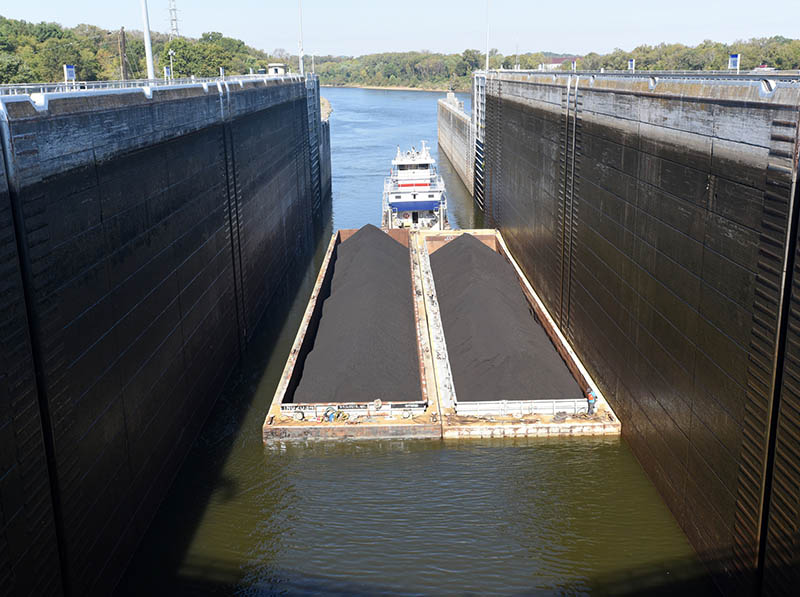Well-established safety management systems and contingency planning have helped the inland waterways industry keep vessels working and mariners safe during the pandemic, the head of the American Waterways Operators told Congress at a hearing in late May.
“A tow on the river or an articulated tug-barge unit at sea for two to four weeks at a time is effectively a self-quarantined environment, and companies quickly put in place and have continued to refine procedures aimed at keeping the virus off their vessels,” Jennifer Carpenter, AWO’s CEO told the House subcommittee on Coast Guard and Maritime Transportation on May 29.
The hearing was called to discuss impacts of the pandemic on the maritime supply chain.
Speaking for the inland industry, she said companies, their crewmembers and regulatory agencies like the Coast Guard are working together to develop flexible solutions that will keep commerce moving on the nation’s waterways.
The inland industry has implemented safety measures such as health screening of crewmembers, crew change modifications that keep mariners together as a unit, and more stringent vessel cleaning procedures. The Coast Guard has implemented flexible policies for merchant mariner credentials, mariner medical certificates, TWICs and remote vessel inspections. Meanwhile, crewmembers “have taken seriously their status as essential critical infrastructure workers” and are taking care of their health and safety while off duty.
The domestic maritime supply chain has “proven resilient in the face of Covid-19” as the “men and women of the tugboat, towboat and barge industry have played a key role in keeping our nation’s economy afloat,” Carpenter said. “While cargo volumes in many sectors have declined due to depressed demand, mariners have continued to report to work, vessels have continued to operate, and the industry has adapted to maintain operational continuity and readiness.”
As the national economy begins to reopen, the maritime supply chain is “well-positioned to support the long road to recovery,” she added.
The industry was not included in Covid-19 emergency funding bills passed by Congress, and several lawmakers said that new legislation might be needed to help the industry weather the pandemic and associated economic downturn.
Carpenter urged Congress to give maritime workers priority access to coronavirus testing, enhance temporary liability protections for maritime employers who make “good faith efforts to abide by applicable public health guidelines.”




